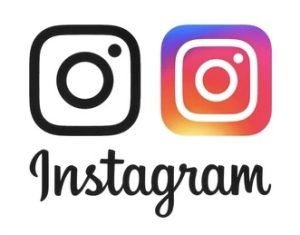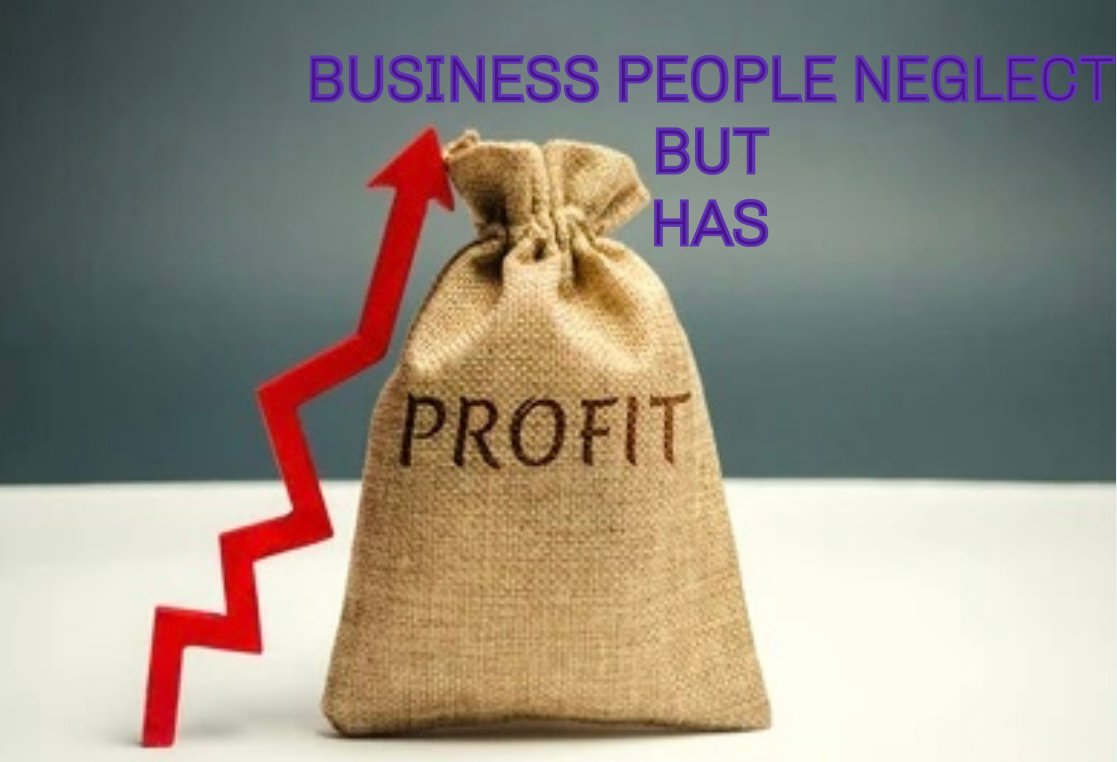Are you looking to promote your online business, but can’t decide which social media platform is best? With so many different platforms available, it can be hard to choose.
In this blog post, we’ll compare the three major platforms: Facebook, Instagram, and Twitter.
We’ll look at the benefits and drawbacks of each platform so that you can make an informed decision about which one is best for your online business.
What’s the best social media platform to promote my Online Business?

When it comes to promoting your online business, there are three main social media platforms that stand out: Facebook, Instagram, and Twitter.
All of them offer unique opportunities for businesses to reach new audiences and grow their customer base. But which one is the best platform to use?
The answer depends on what kind of business you’re running and what kind of audience you want to reach. For example, if you run a fashion or lifestyle brand, then Instagram may be the right platform for you. It’s highly visual and enables you to showcase your products in an attractive way.
However, if you have a product or service that requires more detailed explanation, then Facebook might be better as it allows you to create long-form content and target specific demographics.
Twitter can also be a great tool for businesses, especially if they are looking to engage directly with customers. Its conversational nature makes it easy to interact with customers and build relationships with them. Plus, Twitter’s character limit forces users to be concise, which can be beneficial for some businesses.
Note that there is no general answer when it comes to choosing the best social media platform to promote your business. Each platform has its own advantages and drawbacks.
Why Facebook is the best option

Facebook is the most popular social media platform and the best option to promote an online business. With more than 2.7 billion users worldwide, Facebook offers businesses unparalleled reach and access to potential customers.
When it comes to promoting your business on social media, Facebook can provide several advantages.
First, it allows you to target your ideal customer with precision through its sophisticated targeting options.
You can create ads that target people by their age, gender, interests, location, and more. This ensures that you are only reaching out to people who are likely to be interested in your products or services.
Second, Facebook also provides businesses with analytics data so that you can track the performance of your campaigns. This data can help you identify which tactics are working and which need to be improved.
Facebook’s algorithm enables businesses to connect with customers on a personal level. You can use this feature to establish relationships with customers and create loyalty.
In conclusion, Facebook is the best platform to promote an online business due to its vast user base, precise targeting capabilities, analytics data, and personal connection with customers. If you’re looking to get the most out of your digital marketing efforts, Facebook should be your go-to choice!
Pros of using Facebook for marketing
Here are five pros of using Facebook for marketing:
- Reach: With over 2 billion active users, Facebook gives you the ability to reach a wide variety of potential customers.
- Targeting: Facebook’s powerful targeting capabilities allow you to tailor ads to a specific audience.
- Low Cost: Advertising on Facebook can be very cost-effective compared to other forms of marketing.
- Analytics: Facebook provides extensive data about your ad performance, which can be used to improve your campaigns.
- Engagement: Your posts and ads can generate interactions with your customers, building relationships and trust.
Cons of using Facebook for marketing
- Limited Organic Reach: Facebook has reduced organic reach, so you will need to pay to get your content seen.
- Cluttered News Feed: With so much competition, it can be difficult to stand out in users’ news feeds.
- Complex Ads Manager: The Ads Manager can be complicated to use and requires time to master.
- Quality Content Required: You will need to produce high-quality content if you want to succeed on Facebook.
- Time Consuming: Creating and managing successful Facebook campaigns takes time and effort.
Why Instagram is the best option

When it comes to promoting your online business, Instagram is arguably the best platform to use. Not only does it have a large user base with over 1 billion active users, but it is also one of the most engaging platforms with a higher engagement rate than both Facebook and Twitter.
The visual nature of Instagram also makes it an ideal platform for showcasing products, services and any other kind of content related to your online business.
You can create eye-catching posts using pictures and videos that will help to attract attention and interest from potential customers. Additionally, you can use hashtags and stories to further boost engagement and reach more people.
Using Instagram for business also has many other advantages, such as being able to advertise directly to your target audience, creating an effective branding strategy, and creating relationships with potential customers through direct messaging.
pros of using Intagram for marketing
- Visual appeal: Instagram is a visual platform and this makes it an ideal place for businesses to showcase their products or services in an eye-catching way.
- Branding: Using Instagram to create an attractive brand image is a great way to reach more potential customers and increase your overall visibility.
- Engagement: Because of the visual nature of Instagram, users tend to be more engaged than other platforms. This means that your posts have the potential to reach more people, which can help you gain more followers and conversions.
- Reach: With over 1 billion users, Instagram has one of the largest user bases of any social media platform. This means that you have access to a massive audience, which can help you get your message out to a wider range of potential customers.
- User insights: Instagram offers valuable insights about your followers, such as age, gender, location, and interests. This information can be used to tailor your marketing strategies and target the right audience.
Cons of using Instagram for marketing
- Limited reach: Instagram’s algorithm limits how many people see your posts. This means that you may not be able to reach as many potential customers as you could with other social media platforms like Facebook or Twitter.
- Time consuming: Creating attractive visuals and captivating content can be time-consuming and requires a lot of effort.
- Costly: Advertising on Instagram can be quite costly, especially if you want to reach a larger audience.
- Constant updates: To stay competitive, businesses must stay up-to-date on trends and post regularly to keep their followers engaged.
- Competition: Instagram is an incredibly competitive platform, so businesses must find ways to stand out from their competitors if they want to succeed.
Why Twitter is the best option

When it comes to online business promotion, there is no doubt that Twitter is one of the best social media platforms available. With over 300 million active users, Twitter provides an excellent platform for businesses to reach potential customers and drive sales.
The key advantage of using Twitter for online business promotion is the ability to target a specific audience. With Twitter’s advanced targeting capabilities, businesses can reach people who are interested in their products or services, and who are more likely to convert.
This makes it easier for businesses to target their desired market and maximize their return on investment.
In addition, Twitter offers a variety of features that make it easier for businesses to engage with their audience. Businesses can easily share content, run campaigns, build relationships, and get feedback from their followers.
This helps them stay connected to their customers and build trust.
Finally, Twitter is a great platform for building brand awareness and growing your customer base. With Twitter’s viral capabilities, businesses can quickly spread their message and reach new potential customers.
This makes it a great platform for businesses looking to increase their visibility and expand their reach.
pros and cons of Twitter Marketing
When it comes to promoting your online business, many people have wondered which social media platform is the best choice. To help make an informed decision, let’s look at the pros and cons of Twitter.
Pros of Twitter Marketing
- Fast-paced platform: One of the main advantages of using Twitter is its fast-paced environment. You can get your message out to a large audience in a matter of seconds.
- Hashtags: Twitter allows you to use hashtags to categorize your posts and make them easier for potential customers to find.
- Connect with influencers: Twitter is a great place to connect with influencers in your industry. This allows you to network with like-minded professionals and potentially gain valuable insights into the industry.
- Monitor conversations: With Twitter, you can keep track of conversations about your brand and products, as well as other topics that are relevant to your business.
- Create engaging content: Twitter allows you to create engaging content that appeals to a wide audience and increases visibility for your brand.
Cons of Twitter Marketing
- Limited character count: One of the major disadvantages of using Twitter is the 140 character limit. This can make it difficult to express yourself fully in a tweet.
- Repetitive posts: Due to the fast-paced nature of Twitter, it can be easy to fall into the trap of posting repetitive content and not engaging your followers enough.
- Spammy messages: The platform is notorious for receiving spammy messages from other users or brands, which can be off-putting for some people.
- Shallow relationships: Unlike other social media platforms, Twitter is more focused on speed than depth of conversations. This can make it difficult to build meaningful relationships with potential customers.
- Lack of advertising options: Although Twitter does offer some advertising options, they are still fairly limited compared to other platforms such as Facebook and Instagram.
Conclusion
After careful consideration of the pros and cons of each social media platform, it is clear that the best platform to promote an online business will depend on the specific needs of the business. For example, if the goal is to reach a wide audience, then Facebook and Instagram may be the best options.
On the other hand, if the goal is to build relationships and engage with customers, then Twitter may be the better choice.
Lastly, businesses must evaluate their goals and objectives and decide which platform is most likely to help them reach those goals.
No matter which platform you choose, make sure to stay up to date with current trends and use the platform wisely to reach your target audience.
Thanks for reading!






